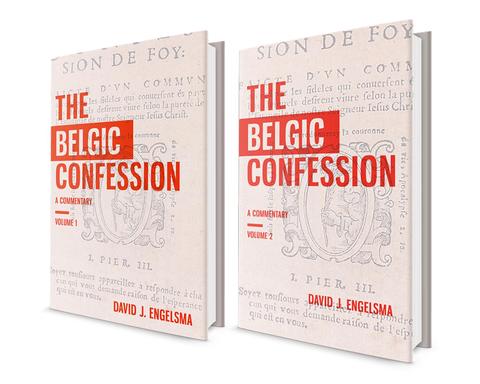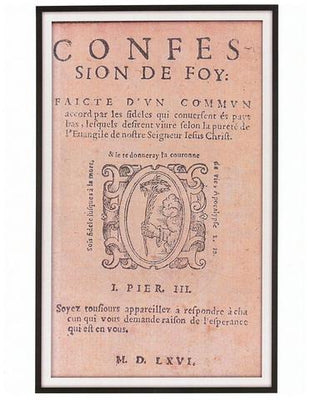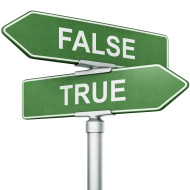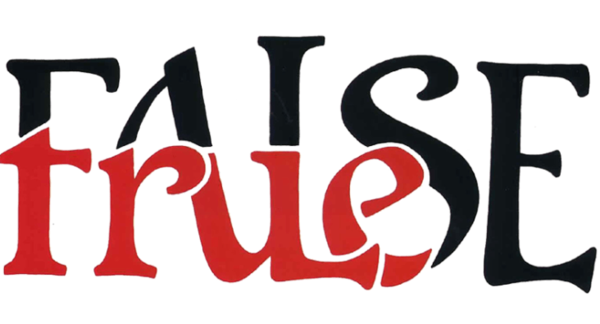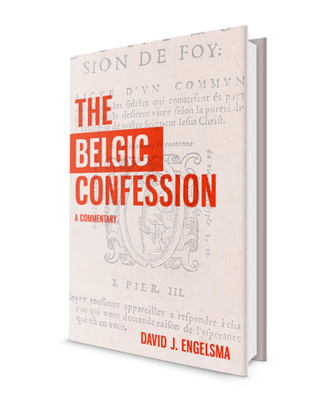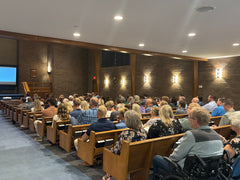Your cart is empty now.
The Belgic: "A Confession of the Gospel in all its riches"
The Belgic Confession: A Commentary, Volumes I–II by David J. Engelsma. Jenison, MI: Reformed Free Publishing Association, 2018–19. 348 and 382 pages. Reviewed by Dr. H. David Schuringa, a reformed theologian living in West Michigan (as reviewed in the July 24, 2019 issue of Christian Renewal).
The publishing of Dr. David Engelsma’s two-volume commentary on the Belgic Confession is a welcome event due not only to its meaty content but also to meager current resources. The historic confession comprises a complete dogmatics in its own right as it follows the usual outline of the loci with the doctrines of the Word, God, Christ, the Holy Spirit, Ecclesiology and Eschatology.
Engelsma maintains, however, that though the confession is doctrinal and systematic, it is not a systematic theology as such but rather, “the confession of the gospel in all its riches as this gospel is known by every illumined mind and embraced by every regenerated heart” (II:366f.). That is certainly true in large measure, which in turn makes these two volumes Engelsma’s own dogmatics of sorts. What Berkhof did for Bavinck, he does for Hoeksema.

